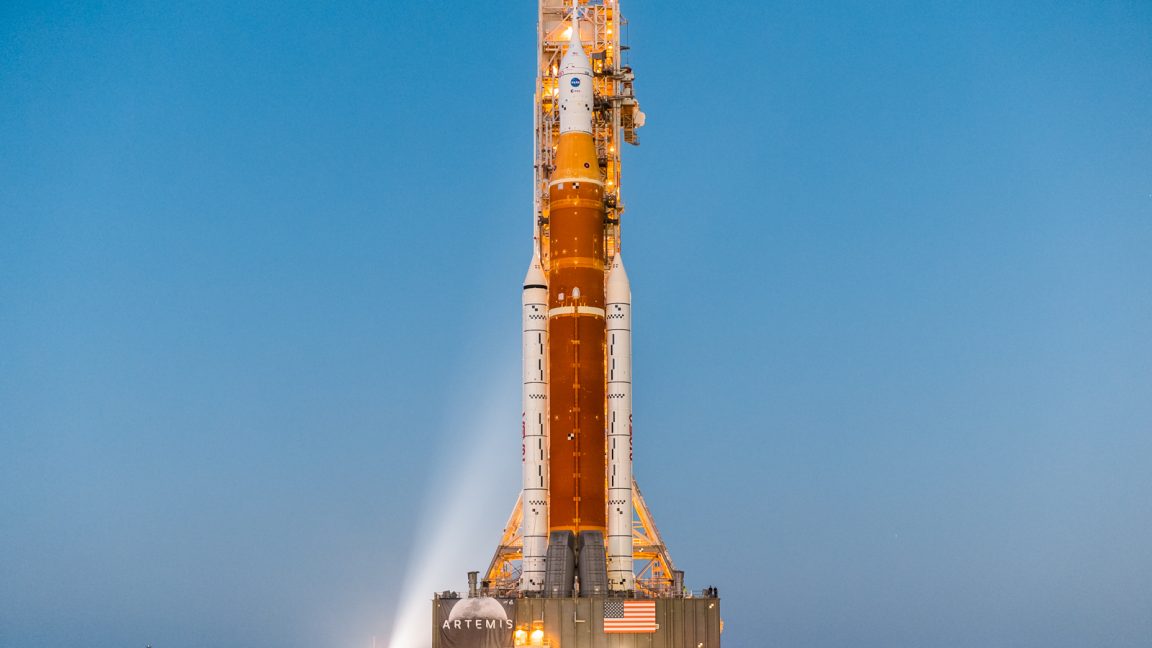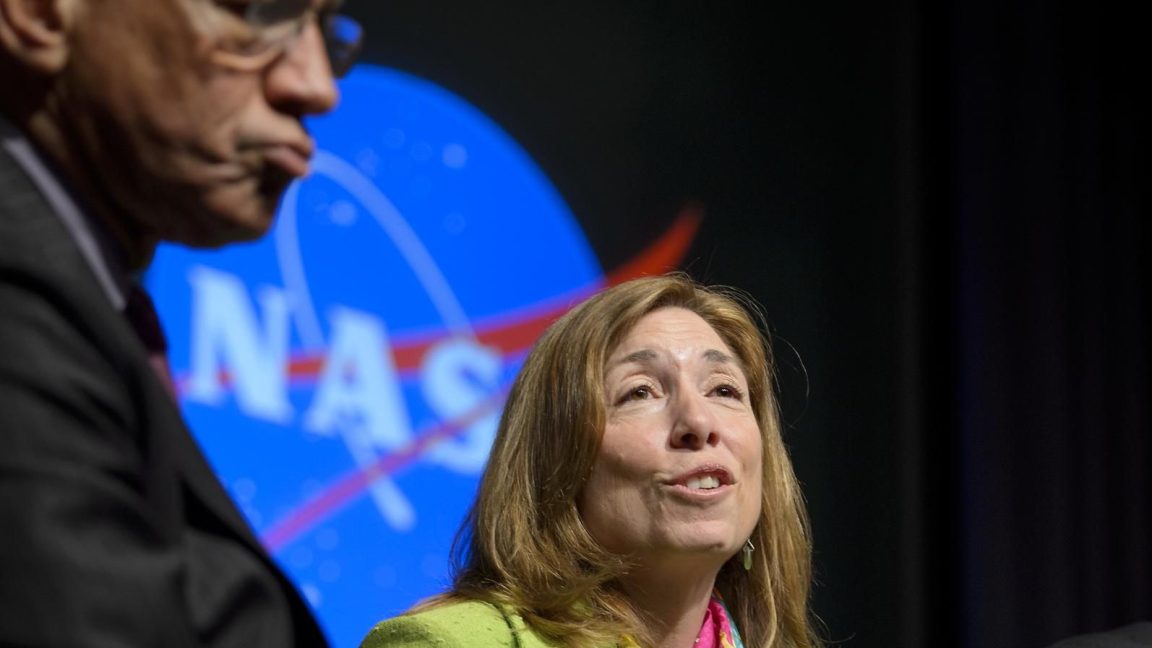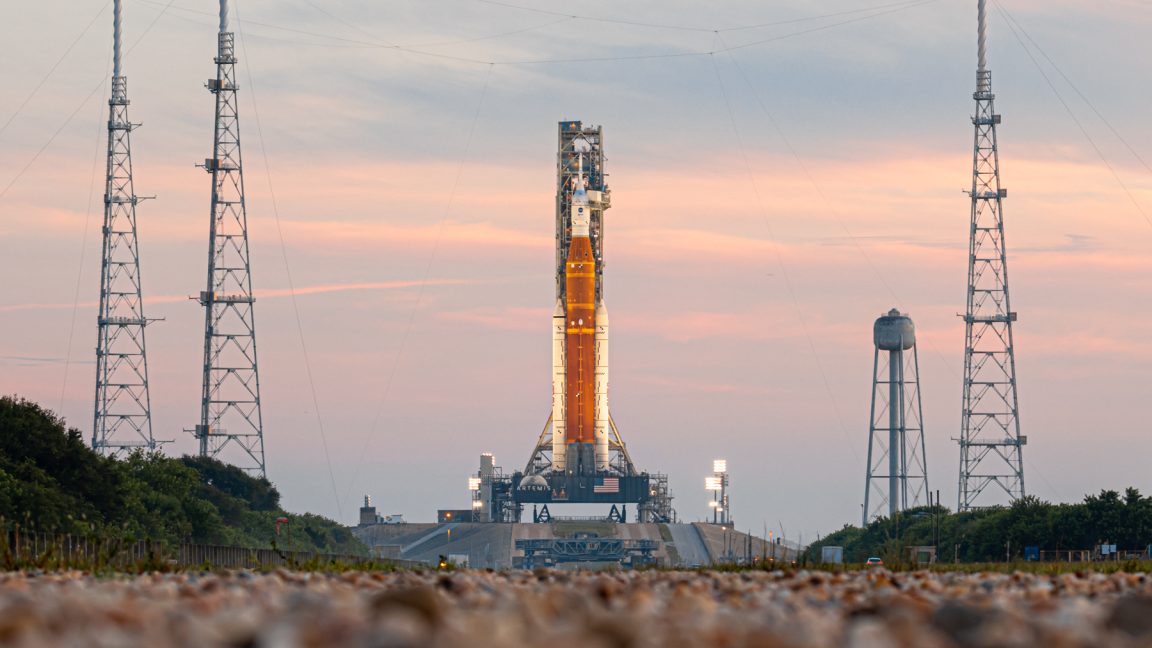Greg Autry is writing a series of articles for Forbes on the coming era of cislunar activity. Here’s the first.
From the article:
“Walking the floor of the International Astronautical Conference in Paris last fall, I couldn’t help but feel that the Moon will soon be a very busy and very international destination. 2019 saw a lunar landing attempt by a private Israeli team and Japan’s ispace tried it last month. Both nations promise to return to the Moon soon. Meanwhile, China’s governmental program has had a series of lunar successes including placing a lander and rover on far side of the Moon. There will be landers, rovers, hoppers, and human habitats scattered across the lunar surface by the end of the decade. This activity will require a lot of orbital infrastructure.”
Particularly interesting is the discussion of the Moon’s gravitational anomalies due to its uneven density. This makes most low lunar orbits (LLO) unstable.



 Forbes
Forbes 
 Ars Technica
Ars Technica 
